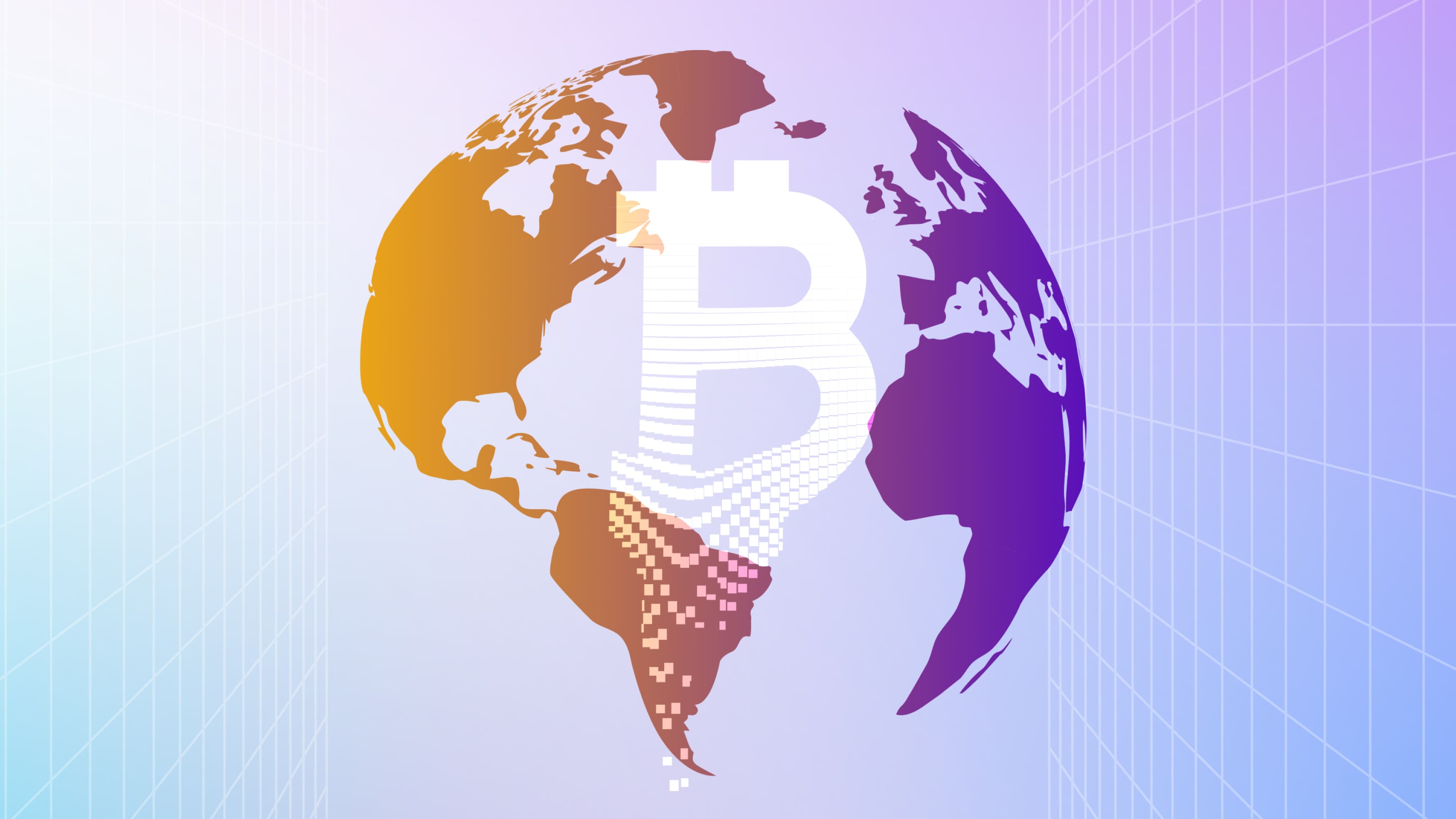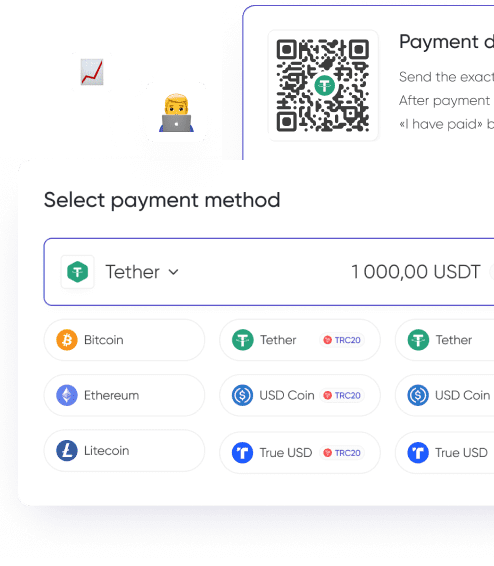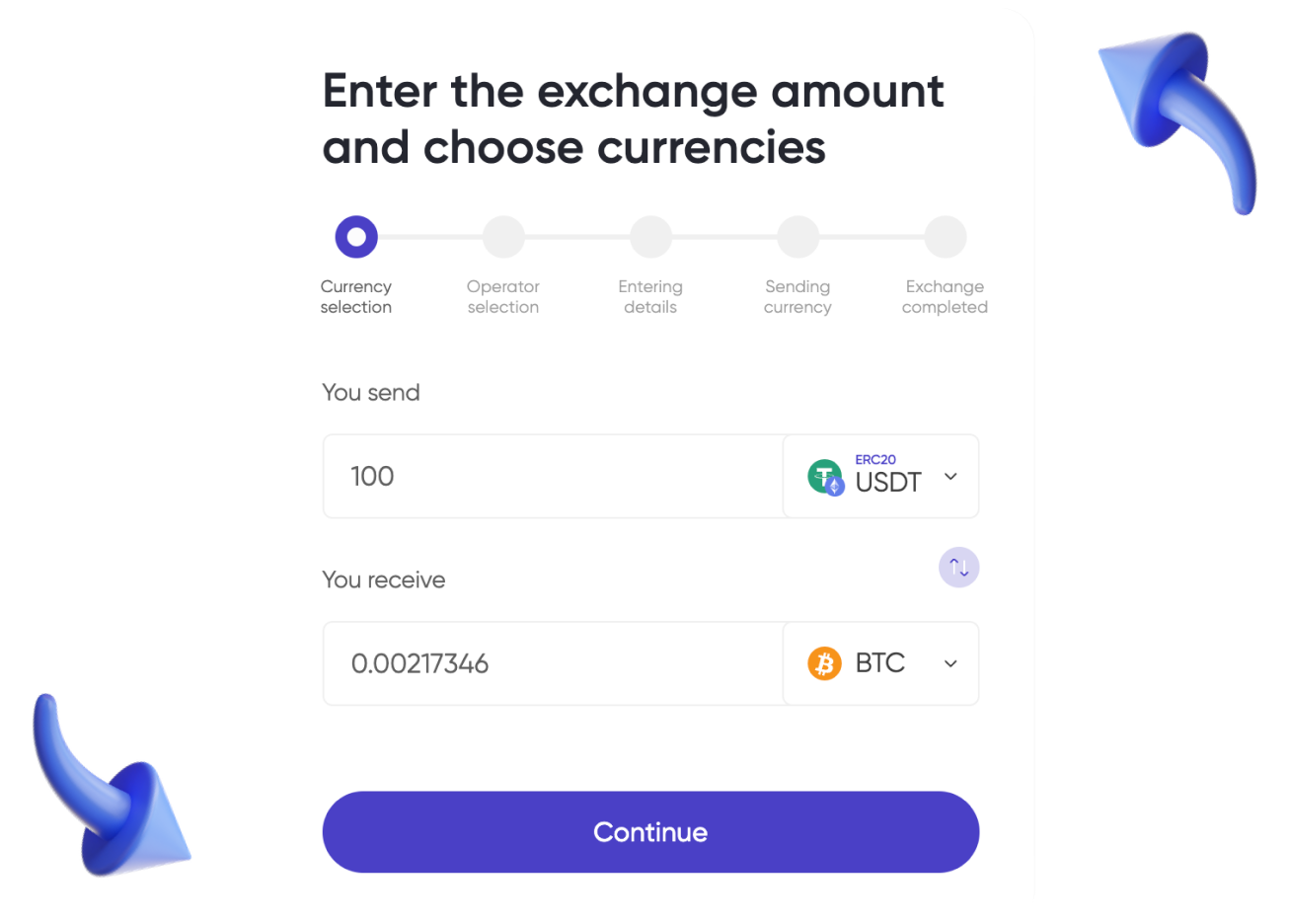Transactions in cryptocurrency gain popularity: digital money is actively used not only for investments, but also for payment for goods and services. For example, in Bitcoins alone, more than 270,000 transactions are made per day. Nevertheless, the legal regulation of cryptocurrency is still a «gray zone»: a global approach to this issue has not yet been formed.
In the article we tell you how different jurisdictions approach the regulation of crypto-payments, in which countries Bitcoin is allowed and what trends are observed in the global legislation on this issue.
Bitcoin: Basic Information
Bitcoin (BTC) is the world's first cryptocurrency, which is still the most popular. The current market capitalization of this currency is more than $1 200 billion.
The primary blockchain of the cryptocurrency was created in January 2009. The Bitcoin exchange rate was established near the end of that year and was 13 Bitcoins per 1 cent. In February 2011, its value equaled the dollar. The exchange rate is now around $35,000.
Bitcoin operates on blockchain technology, a decentralized system in which all transactions are recorded. Cryptocurrency is backed by real assets. Value is ensured by limited issuance: no more than 21 million. At the time of writing, more than 19.53 million coins have been mined. Inflation of the cryptocurrency is restrained by halving — a regular reduction in issuance.
Which Countries Have Legalized Bitcoin
At the moment, the list of countries where cryptocurrency (in particular, Bitcoin) is allowed as a means of payment includes:
- El Salvador. One of the first countries that allowed Bitcoin as a means of payment equally with the dollar and other fiat currencies. The corresponding decree was issued in September 2021. Citizens of El Salvador have the right to use Bitcoin to pay for goods and services, and an official application developed by the state is used to promote cryptocurrencies.
- United Kingdom. According to experts, there is a noticeable trend in the UK to turn the country into a global crypto center. Thus, in June 2023, a draft law aimed at regulating the cryptocurrency market was approved: according to it, stablecoins receive the status of a means of payment, and blockchain can be integrated into the country's financial markets.

- USA. In the US, cryptocurrency is legal and recognized as a freely convertible currency. Companies that provide Bitcoin exchange services or process crypto-transactions are also in the legal field: such services fall under the category of MSB (Money Services Business), undergo the necessary registration with the Ministry of Finance and are subject to the requirements of the Bank Secrecy Act.
- European Union. Bitcoin is legal on the territory of the EU. As well as other cryptocurrencies, it is considered an asset that is allowed to be used to pay for goods and services. However, there are no laws regulating the cryptocurrency market at the moment. The relevant act (MiCA) was introduced in April 2023, but it is scheduled to take effect in 2024-2025.
- Canada. In this country, cryptocurrency is not a means of payment: from the point of view of paying taxes, Bitcoins are a commodity. Nevertheless, transactions with them are legal. At the same time, crypto exchanges are considered as financial organizations and are regulated by the corresponding laws. In particular, such companies are required to file reports and report suspicious transactions.
- Japan. As in Canada, cryptocurrency here is a property or commodity, but it is not an officially recognized means of payment. This approach means that banks and certain types of organizations are prohibited from conducting cryptocurrency transactions. Nevertheless, individuals and most legal entities have the right to receive cryptocurrency in exchange for goods and services, and crypto exchanges are regulated by law.
- Australia. Bitcoin is considered as property, and cryptocurrency transactions are regarded as a form of income subject to capital gains tax. At the same time, the storage of cryptocurrencies in most cases is not taxable. In order to calculate taxes, citizens are required to keep records and store information about all cryptocurrency transactions.
TOP Countries for Cryptocurrency Usage
According to Chainalysis' annual report for 2023, the TOP-10 countries for cryptocurrency usage were:
- India;
- Nigeria;
- Vietnam;
- United States;
- Ukraine;
- Philippines;
- Indonesia;
- Pakistan;
- Brazil;
- Thailand.
The reasons for the interest in digital currencies differ for different states. For example, in the United States their active use is explained by the high concentration of cryptocurrency projects.
In developing countries, the causes of cryptocurrency use are different: the desire to protect savings from inflation, to make money on short-term trading, to diversify the investment portfolio. In particular, according to experts, these reasons are guided by the residents of Brazil, interested in speculative investments.
Another important reason for using cryptocurrency is to receive and send payments abroad. Thus, residents of India and Pakistan are interested in this, despite the measures taken by the governments of these countries to restrict the use of cryptocurrencies.
Restrictions on cross-border banking transactions and the blocking of foreign services caused the search for a new way to send and receive international payments in Ukraine. In addition, cryptocurrency was used to send donations: in this way Ukraine received more than $65 million.
The interest in digital assets in Vietnam and the Philippines is explained by the growing popularity of pay-to-earn games — in particular, the products of the Vietnamese company Sky Mavis. Users are also interested in NFT collecting and events in meta universes.
Cryptocurrency Legislation Development: Prospects and Trends
Although the legislation of many countries is making its steps to remove cryptocurrency from the gray zone, in most jurisdictions the status of digital money now remains uncertain.

The trend in countries is to develop regulations governing cryptocurrency exchanges, payment gateways and other organizations that process crypto transactions.
States have taken different approaches to the use of cryptocurrency as a means of payment. Some (e.g. El Salvador) equivalize payments in Bitcoins to regular fiat ones. Others (e.g. China) prohibit not only the use of cryptocurrencies as a means of payment, but also trading in digital assets.
At the moment, it is impossible to speak with certainty about the future of cryptocurrency: in various countries, both strict regulation and full legalization of this market are possible.
Nevertheless, many countries are developing a state digital currency, one of the goals of which is to reduce the use of private cryptocurrencies.
Receiving Crypto Payments with CryptoCloud
You can automate the acceptance of cryptocurrency payments by using a payment gateway.
CryptoCloud is a cryptocurrency processing service that can be used on a website and when working through social networks or e-mail newsletters. The service allows you to accept payments in major cryptocurrencies. The transaction fee is from 0.4%.
The functionality of the platform includes integration of checkout to the website, manual invoicing and permanent payment links, analytics, exchange and purchase of cryptocurrency on the platform. One user can add multiple projects and manage transactions through a personal account.
Legalization of Crypto Payments
Most countries are gradually moving towards introducing laws that will regulate the cryptocurrency market. Some jurisdictions have fully legalized Bitcoin and can use it as a means of payment, while others have a ban on crypto trading.


































